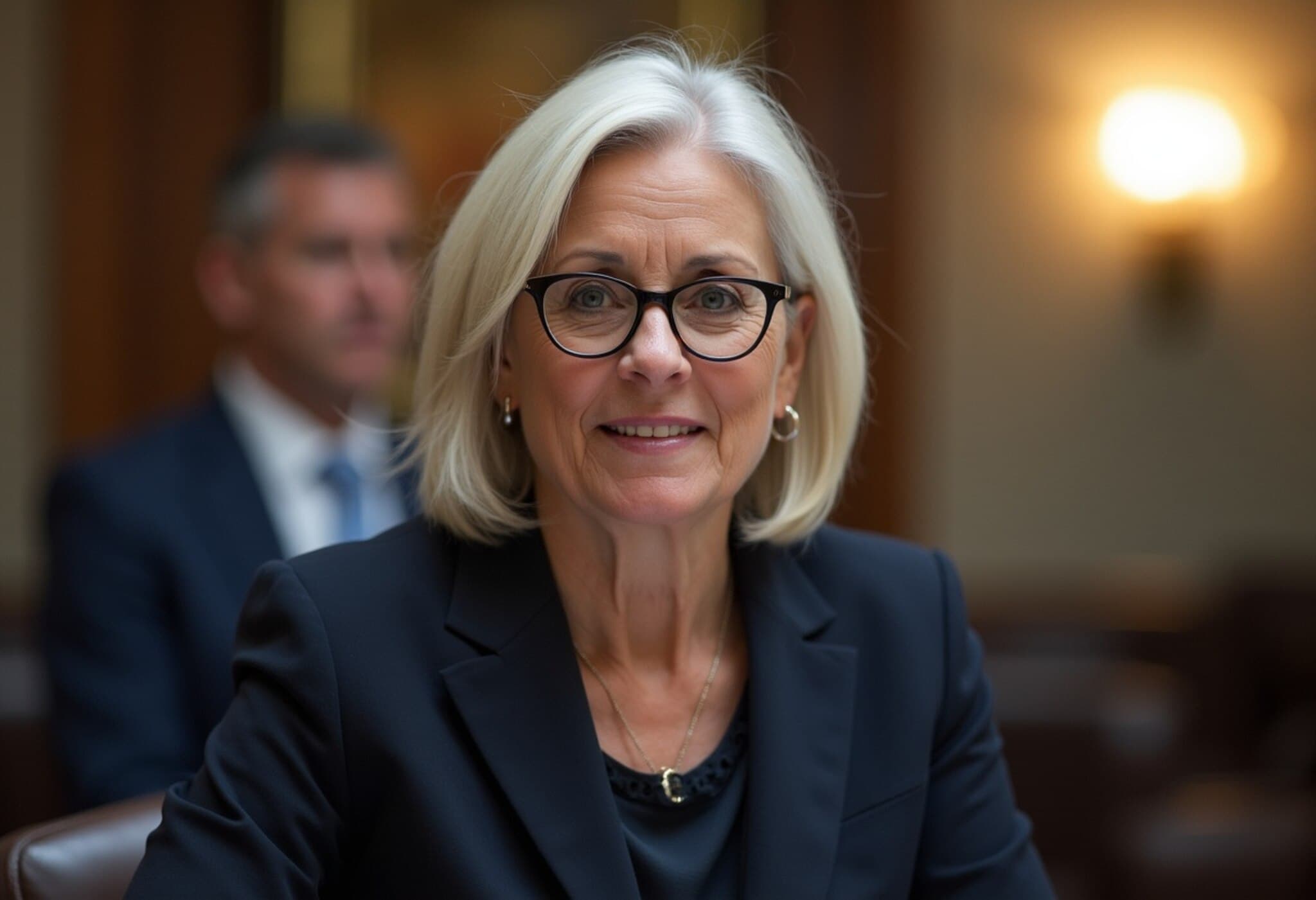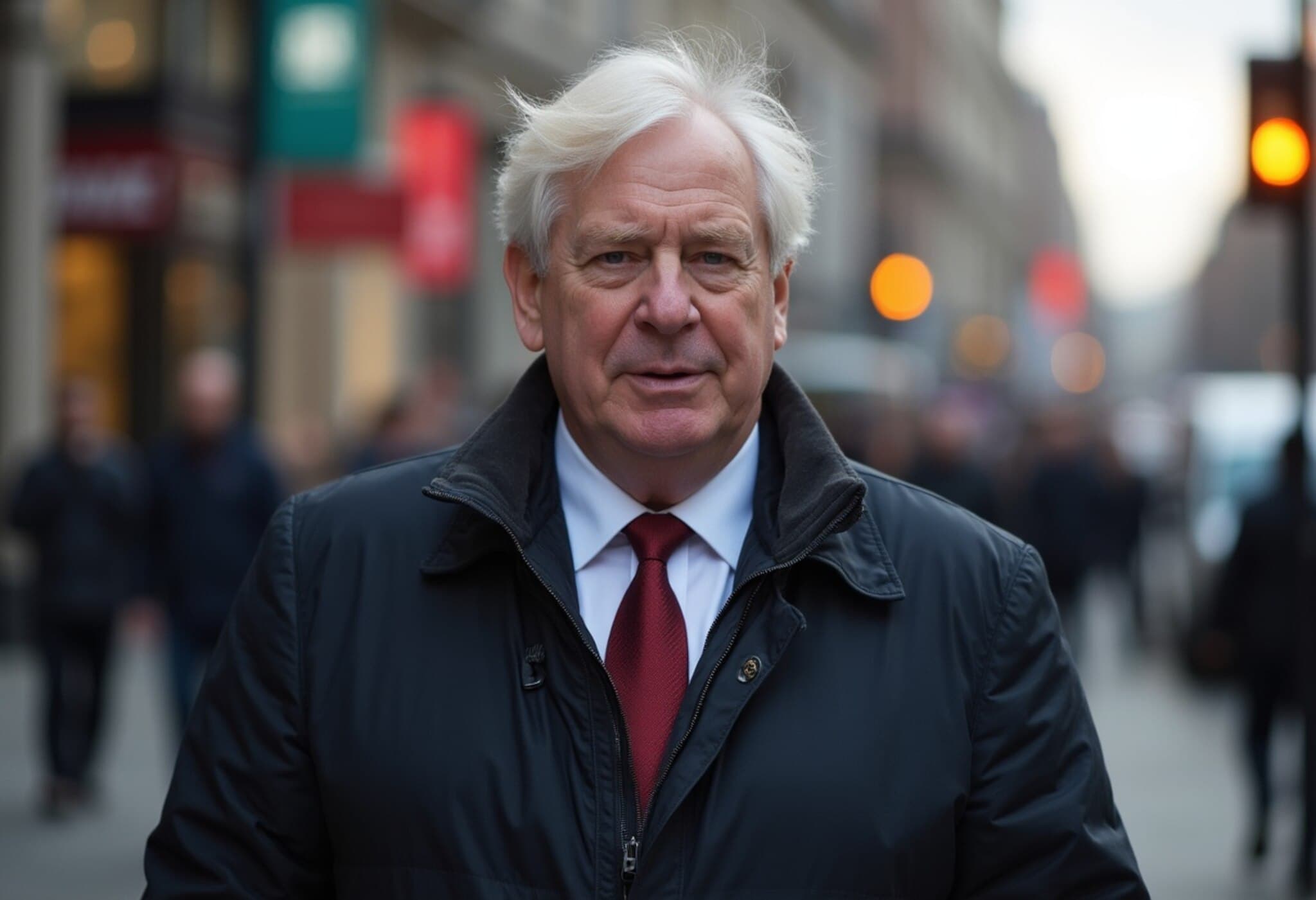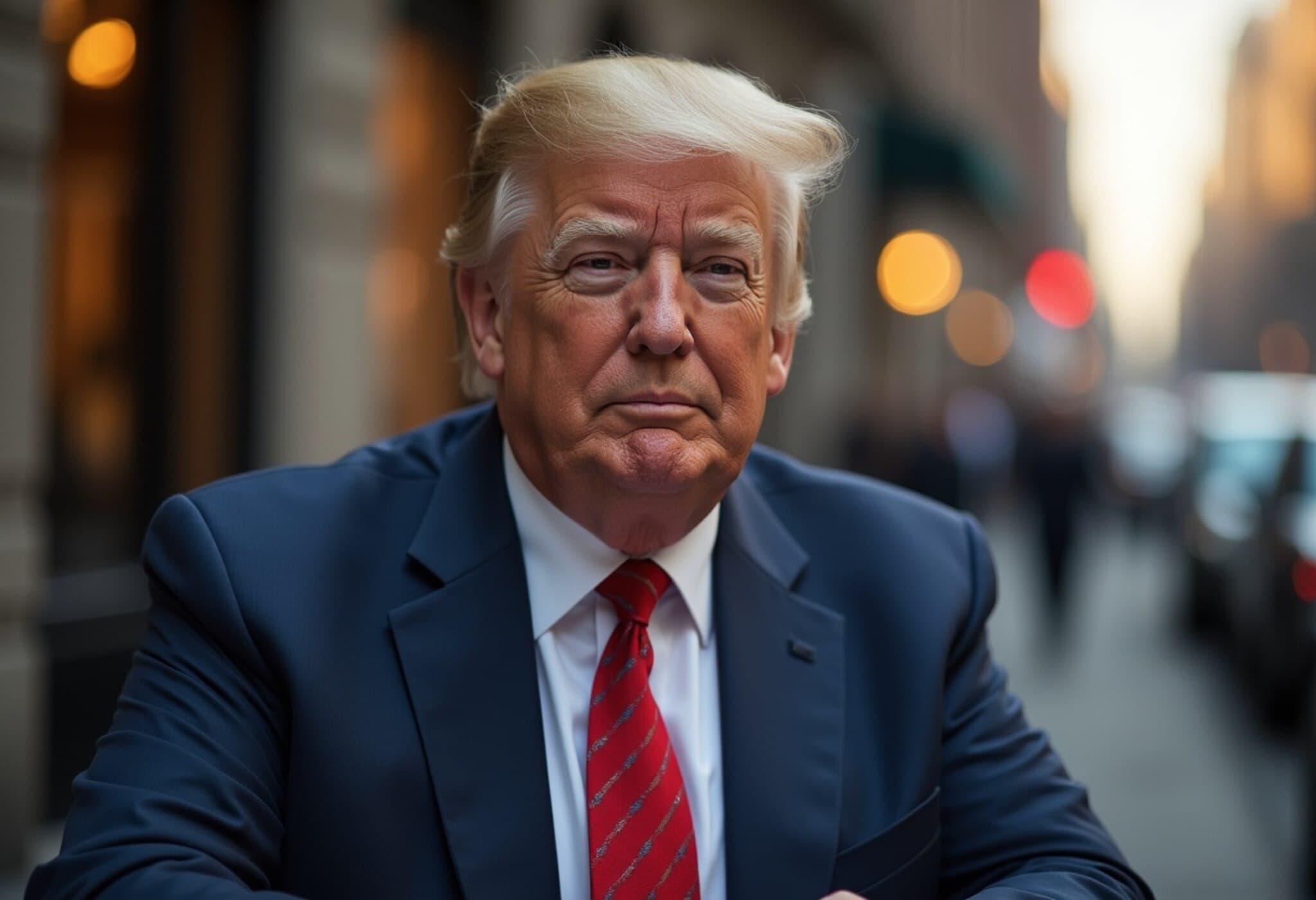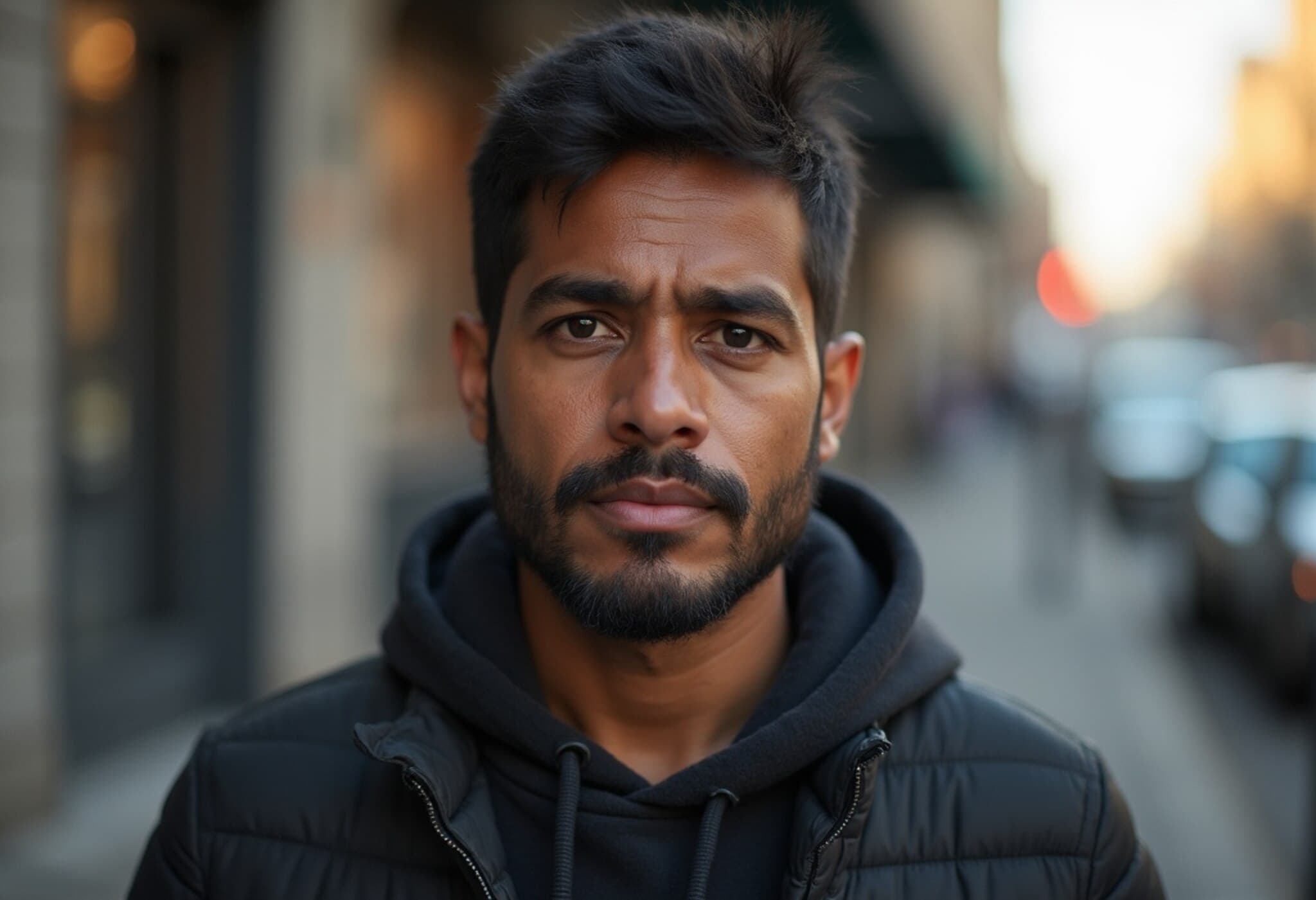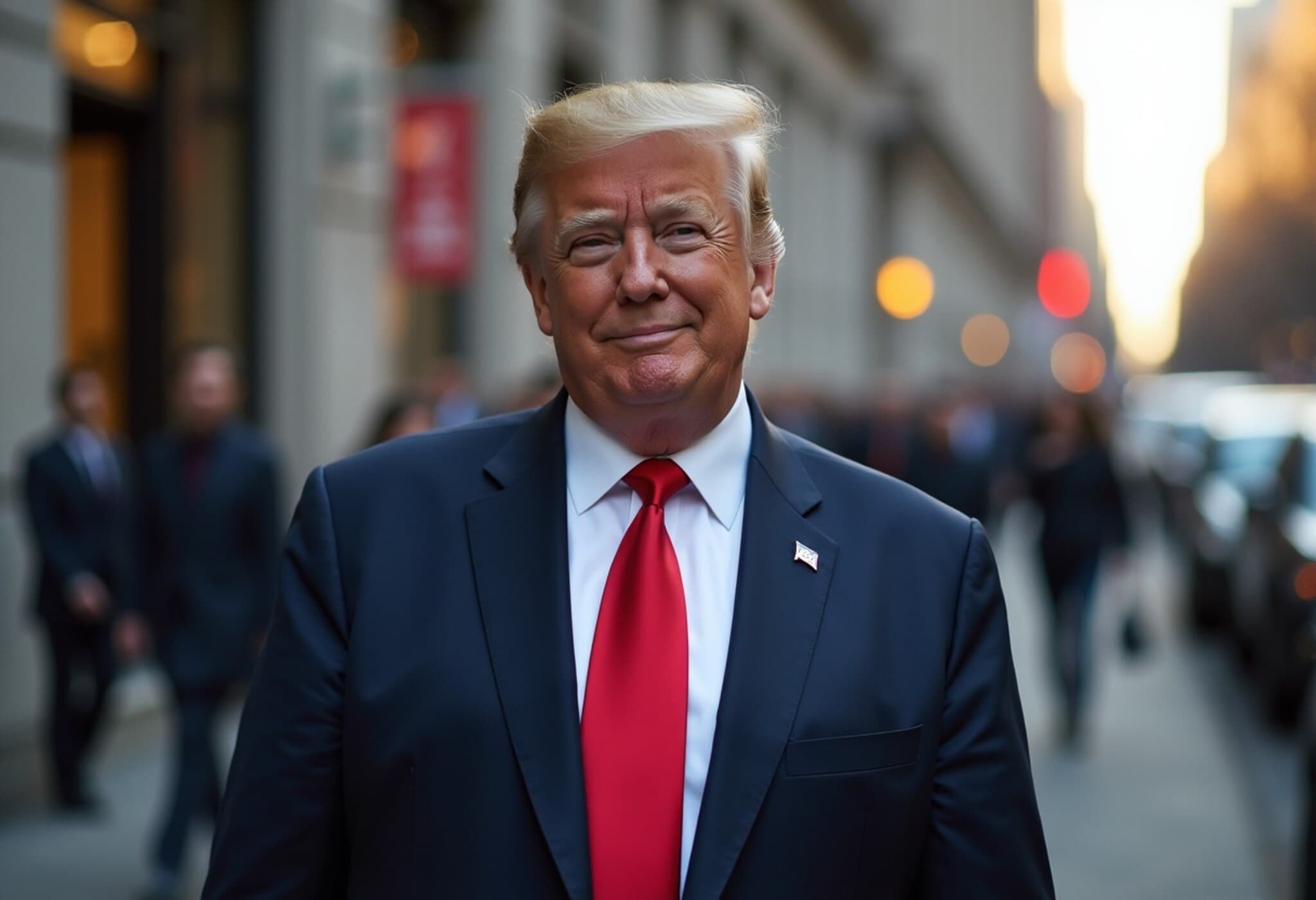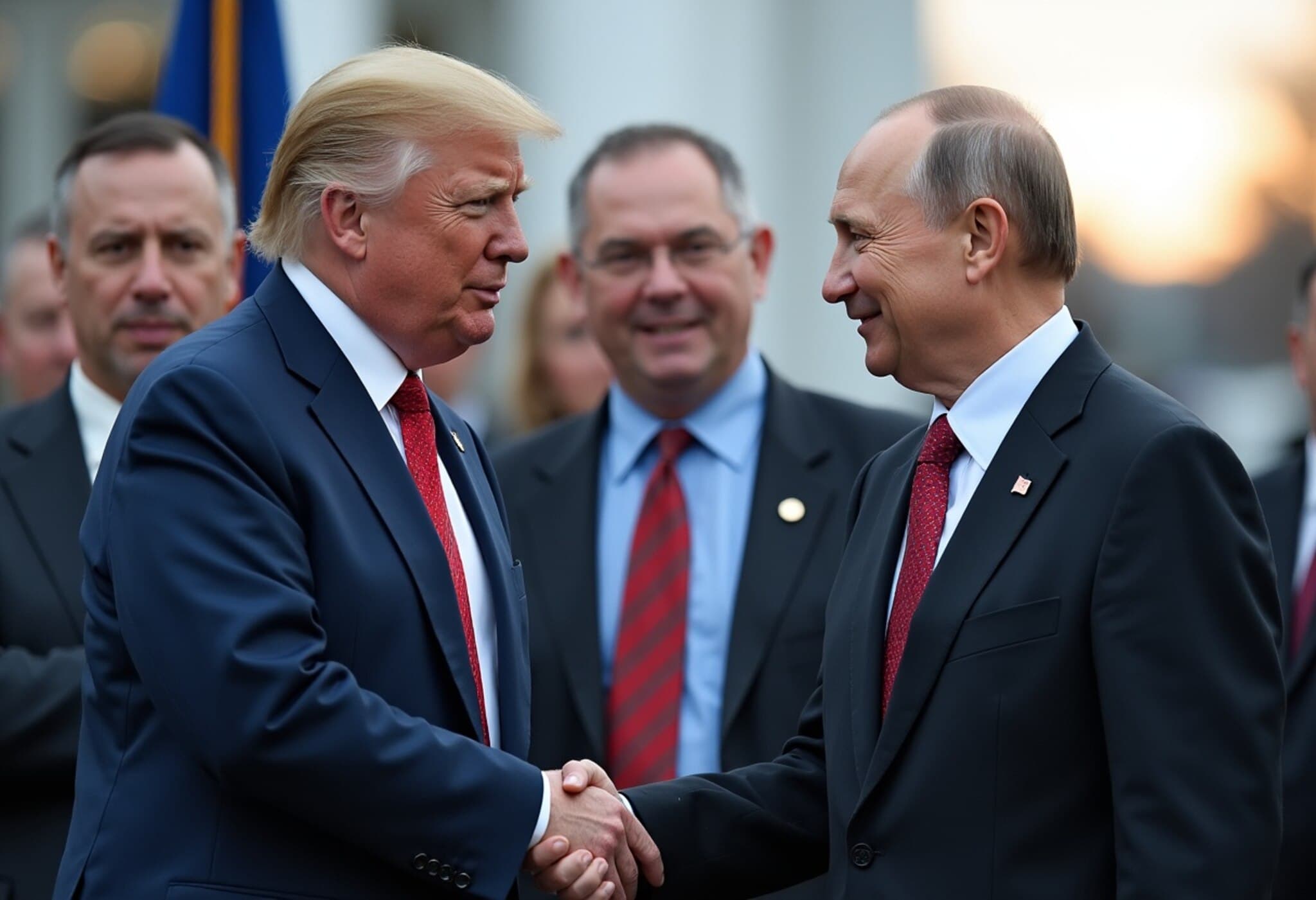Attorney General Pam Bondi Challenges Sanctuary Jurisdictions to Comply with Immigration Laws
In a firm response to sanctuary jurisdictions across the United States, U.S. Attorney General Pam Bondi has issued a bold warning: comply with federal immigration laws or face legal consequences. Bondi’s announcement marks a significant escalation in the federal government’s campaign to enforce immigration statutes amid growing tensions between state and local authorities and federal immigration agencies.
Legal Demand Letters Sent to 32 Sanctuary Jurisdictions
On August 5, following a Department of Justice (DOJ) Executive Order designating thirteen states—including prominent jurisdictions like Washington and New York—four counties, and eighteen cities as “sanctuary jurisdictions,” Attorney General Bondi personally dispatched demand letters to 32 mayors and several governors. These letters require recipients to respond within one week, underscoring the seriousness with which the DOJ views noncompliance.
"Any sanctuary jurisdiction that continues to put illegal aliens ahead of American citizens can either come to the table or see us in court," Bondi declared via social media, signaling a no-nonsense federal stance.
The letters accuse sanctuary policies of undermining federal immigration enforcement by shielding undocumented immigrants, some of whom may commit crimes, thus obstructing the justice system and potentially compromising public safety.
Understanding Sanctuary Jurisdictions and Their Controversy
Sanctuary jurisdictions are defined as states, cities, or counties that limit cooperation with federal immigration authorities. These areas often restrict local law enforcement from inquiring about immigration status or detaining individuals solely based on immigration violations. Proponents argue these policies protect immigrant communities from fear of deportation and encourage cooperation with local police. Critics — including the DOJ — contend they create safe havens for illegal activity and inhibit federal enforcement efforts.
The August 5 Executive Order identified sanctuary jurisdictions based on their policies and practices that "materially impede enforcement of federal immigration statutes and regulations." This federal designation validates the DOJ’s push to challenge and dismantle protective measures at the state and local levels.
Legal and Political Implications
Bondi’s aggressive posture raises critical questions about the balance between federal authority and state sovereignty. Legally, the federal government has supremacy over immigration law; however, sanctuary policies stem from local governments’ discretion regarding law enforcement priorities.
Experts warn that such confrontations could lead to prolonged litigation and further politicize immigration enforcement. Moreover, the threat to pursue criminal charges against officials who obstruct federal immigration efforts adds a new dimension of accountability that may deter sanctuary policies but also escalate tensions within communities.
What’s Next? The Path Forward for Sanctuary Jurisdictions
- Response Deadline: Sanctuary jurisdictions have one week to answer the DOJ’s demand letters, or face potential lawsuits and increased federal intervention.
- Potential Court Battles: Should jurisdictions refuse to cooperate, legal challenges are expected, which could culminate in significant court rulings defining the limits of federal immigration power versus local governance.
- Community Impact: The dispute spotlights the real-life consequences for immigrant communities, local law enforcement, and public safety efforts.
Attorney General Bondi emphasized that leadership must endorse federal-enforcement collaboration to ensure a unified approach to immigration and national security. "It starts at the top," she said in a recent Fox News interview, stressing the importance of political will behind enforcement strategies.
Expert Commentary: Balancing Enforcement and Community Trust
As the federal government steps up pressure on sanctuary jurisdictions, policymakers and legal experts warn against losing sight of the nuanced realities faced by immigrant communities. Dr. Elena Ramirez, a policy analyst specializing in immigration law, notes, "Effective enforcement must be balanced with maintaining trust between immigrant residents and law enforcement to ensure that public safety is enhanced, not undermined."
This unfolding scenario serves as a potent reminder of the complexities that U.S. immigration policy entails, where legal mandates intersect with humanitarian considerations and political divides.
Editor’s Note:
The recent DOJ ultimatum to sanctuary jurisdictions heralds a new chapter in the battle over immigration enforcement in America. The coming weeks will reveal not just the legal outcomes but the broader societal ramifications. Readers should consider the delicate interplay between upholding the rule of law and protecting vulnerable communities. How can federal authorities enforce immigration laws without alienating marginalized groups? What legal and ethical boundaries exist in this high-stakes conflict? These are pressing questions that will shape America’s immigration landscape in the months ahead.

